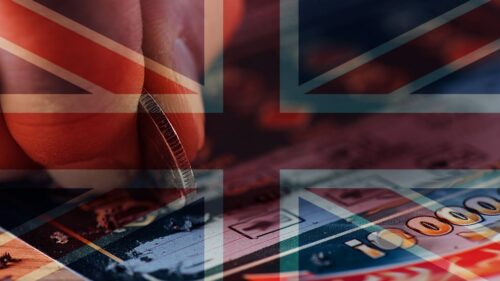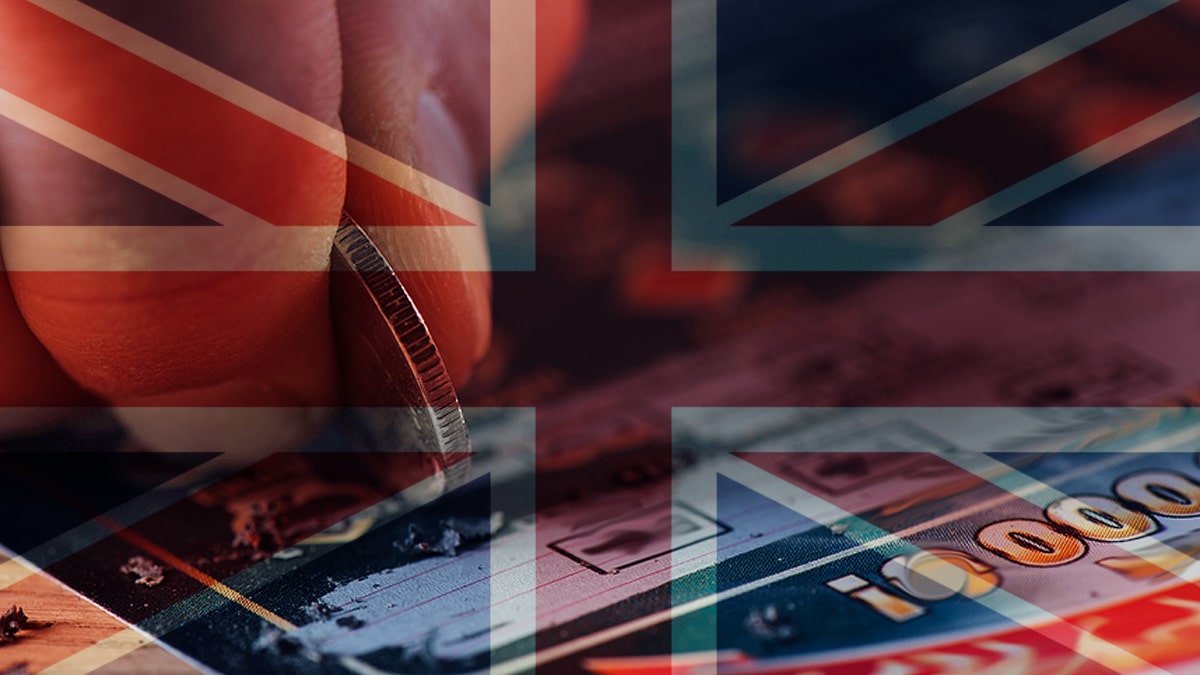Buying a scratch-off ticket makes you a gambling addict. That appears to be the mindset of some U.K. government officials who are dead set on doing everything they can to erase all types of gambling activity from the landscape. The latest in a growing pile of initiatives designed to cut down on access to all things gaming centers on lotteries, such as Lotto and Thunderball, and scratch-off instant-win tickets. The National Lottery offers both and, according to current regulations, are accessible by anyone 16 years old or older. However, that’s no longer going to be the case.
 Despite numerous studies that show that “problem gaming” can only be attributed to 3-4% of the entire market, the U.K. is determined to tighten the screws anywhere and everywhere it can, allocating an exorbitant amount of money and resources to gaming addiction. In keeping with that effort, it is changing the rules regarding who can purchase lottery and scratch-off tickets, bumping up the age to a minimum of 18. The move is presented as a requirement to prevent those 16 and 17 years old from becoming gaming addicts.
Despite numerous studies that show that “problem gaming” can only be attributed to 3-4% of the entire market, the U.K. is determined to tighten the screws anywhere and everywhere it can, allocating an exorbitant amount of money and resources to gaming addiction. In keeping with that effort, it is changing the rules regarding who can purchase lottery and scratch-off tickets, bumping up the age to a minimum of 18. The move is presented as a requirement to prevent those 16 and 17 years old from becoming gaming addicts.
To offer a different perspective, the age for beer drinking remains at 16, per the U.K. government’s website. It explains, “[If] you’re 16 or 17 and accompanied by an adult, you can drink (but not buy) beer, wine or cider with a meal.” U.K. alcohol awareness organization Alcohol Change U.K. points out, “Alcohol misuse is the biggest risk factor for death, ill-health and disability among 15-49 year-olds in the U.K., and the fifth biggest risk factor across all ages.”
The new anti-gambling initiative is now being considered by lawmakers and needs to be approved before the changes are implemented. Should the bill be greenlighted, it’s possible that 16-year-olds will still be able to chug away at a local pub, but won’t be able to purchase a scratch-off. Anti-gambling groups accuse the National Lottery of taking advantage of the current laws to attract younger customers who, according to the opponents, spend “hundreds of pounds” each week on the games. According to them, 16- and 17-year-olds spent £ 47 million ($60.3 million) on National Lottery games in 2017 and 2018.
Breaking down the math, the “hundreds of pounds” argument doesn’t hold up. According to Statista, there are 3.66 million U.K. teens from 15-19. Without extrapolating the data all the way down to the per-age figures and ignoring the fact that there’s no way gambling opponents can base their assertion on provable facts, the per-teen expense would be $20 a year, based on logical calculations. It’s impossible to reach a mathematical solution that would show teens spending in the five-figure range on lotteries and scratch-offs annually.
Despite the absence of verifiable and quantifiable numbers to support their arguments, gambling opponents are still able to convince enough lawmakers in the U.K. to make changes. This has been seen repeatedly the past couple of years and even more so in 2020. It’s no surprise that many gaming operators are looking to move away, which will only hurt the U.K. more in the long run.
